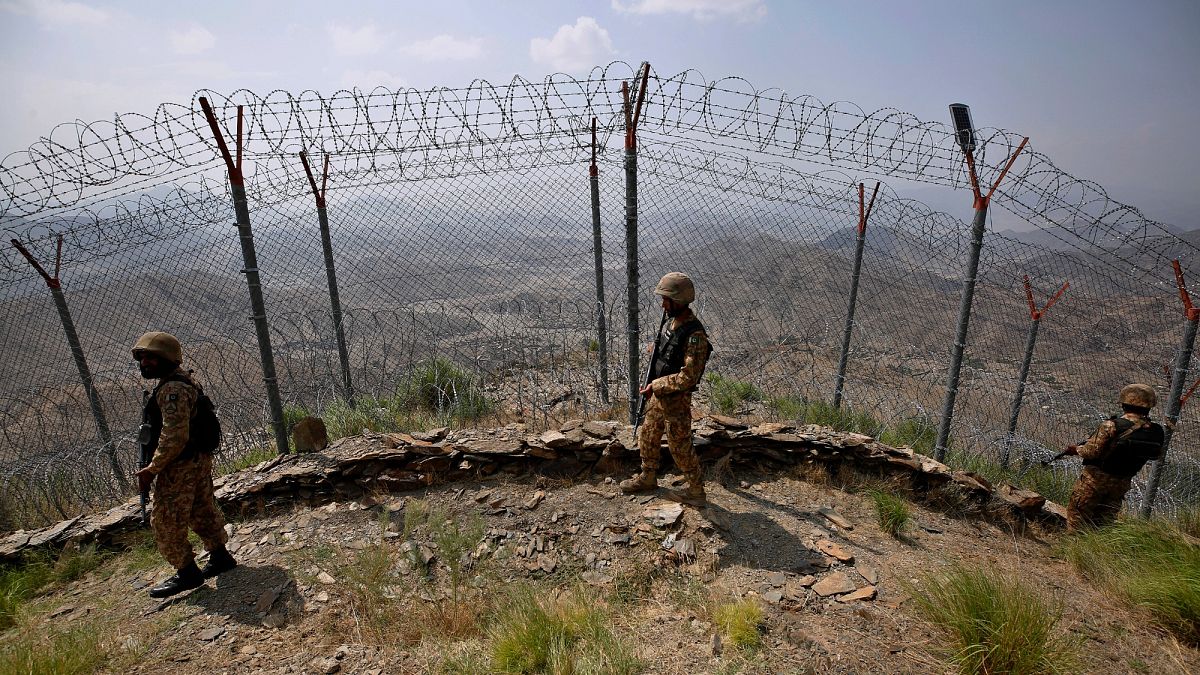

In recent weeks, geopolitical tensions have intensified in Eastern Europe and South Asia, marked by significant developments. In Ukraine, the ongoing military conflict has seen an escalation in both conventional and unconventional warfare tactics. Meanwhile, critical security issues have emerged on Pakistan’s western frontier.
In Ukraine, intelligence reports from the Netherlands and Germany have highlighted a troubling increase in the use of banned chemical weapons by Russian military forces. Utilizing substances like chloropicrin, these tactics are reportedly being employed to force Ukrainian soldiers into the open, posing grave risks not only to combatants but potentially to civilians. Both nations are advocating for a robust international response to this escalation, calling for increased sanctions against Russia, as well as sustained support for Kyiv to enhance its defense capabilities. Such actions underscore the importance of international vigilance and collaboration regarding unconventional warfare threats.
Simultaneously, Ukraine experienced one of the most significant aerial assaults since the onset of the conflict. In an extensive overnight operation, Russian forces launched a barrage of over 550 drones and missiles across the country, with a notable concentration on the capital, Kyiv. This massive attack resulted in injuries to at least 23 individuals and demonstrated a worrying increase in the intensity and scale of the warfare. Residents report that the number and potency of incoming Shahed drones are unprecedented, reflecting a significant shift in the conduct of the conflict. These developments demand continued resilience and adaptation from Ukrainian defenses as they navigate increasingly complex challenges.
Turning to South Asia, Pakistan finds itself contending with an internal security threat as militant activities escalate. A recent operation by Pakistani troops thwarted an infiltration attempt from Afghanistan, resulting in the neutralization of 30 militants. This incident is part of a broader pattern of increased violence attributed to the Pakistani Taliban, who, while distinct from the Afghan Taliban, maintain close ties with them. The delicate balance in the region necessitates vigilant border security measures and strategic counterterrorism efforts from Pakistani authorities.
The interconnected nature of these regional conflicts highlights the broader implications for global peace and stability. The recurring themes of unconventional warfare tactics in Eastern Europe and the intricate cross-border challenges in South Asia emphasize the need for a cohesive international approach. As global powers and regional stakeholders navigate these complex situations, measured and collaborative strategies will be essential in promoting peace and curbing the spread of violence.
In these uncertain times, fostering resilience and understanding remains crucial. As nations confront these multifaceted challenges, the commitment to dialogue, cooperation, and strategic intervention will pave the way for more secure and peaceful futures. The unfolding narratives in both Ukraine and Pakistan serve as reminders of the enduring importance of vigilance and unity in a rapidly changing global landscape.
Source: {link}
